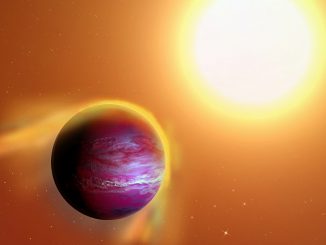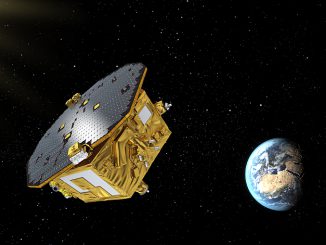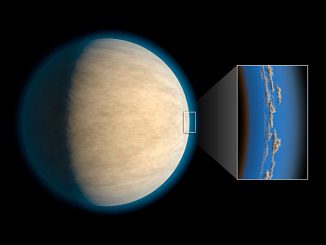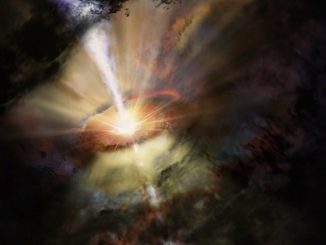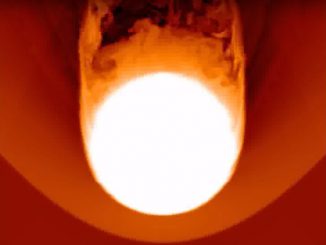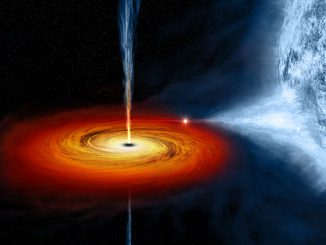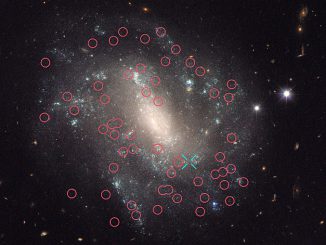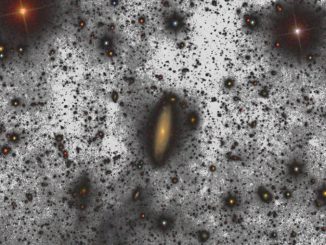
Ten-metre Canary Island telescope obtains deepest Earth-based galaxy image
The Instituto de Astrofísica de Canarias (IAC) set out to test the limit of observation which can be reached using the largest optical-infrared telescope in the world: the Gran Telescopio CANARIAS (GTC). The observers managed to obtain an image 10 times deeper than any other obtained from the ground, observing a faint halo of stars around the galaxy UGC0180.

